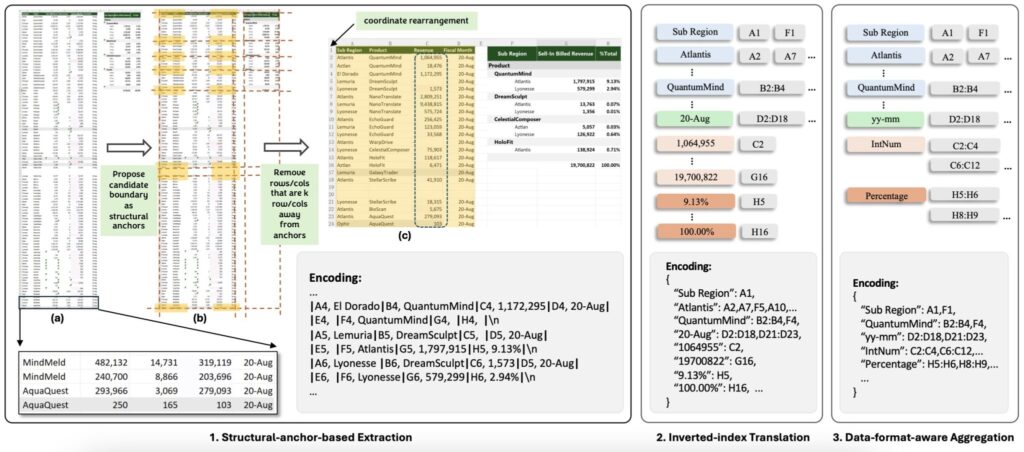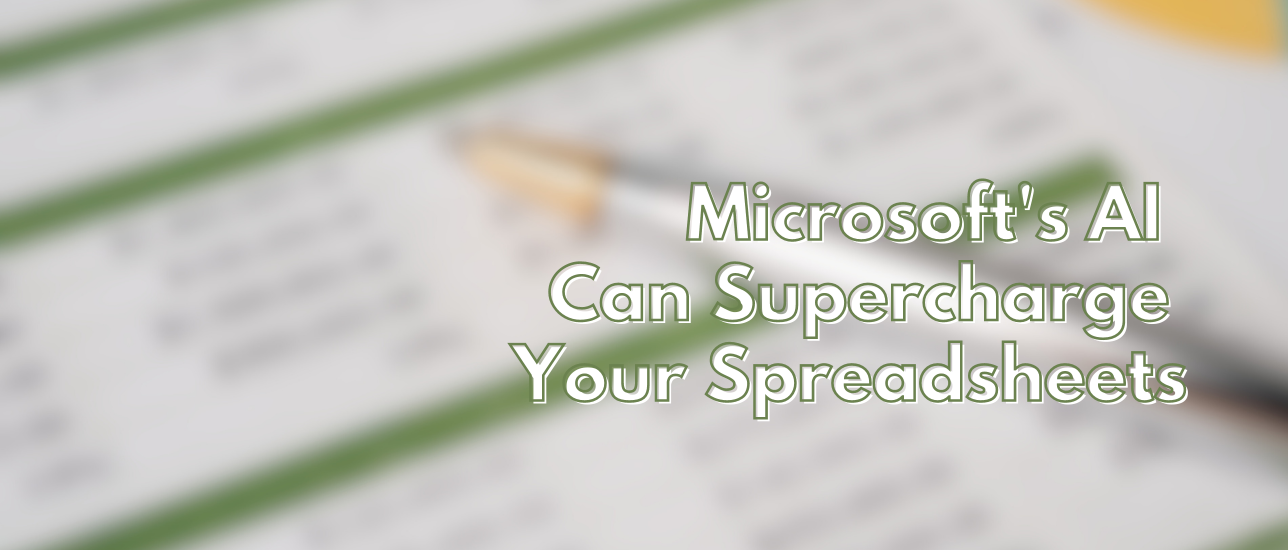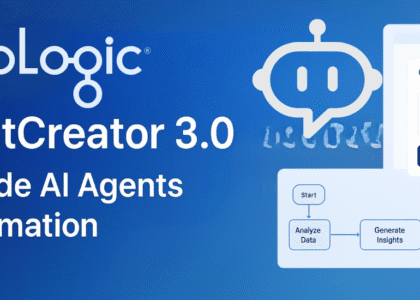Spreadsheets are everywhere in business, from simple data entry to complex financial modeling and decision making. Despite being so common, their structured nature, various layouts and many formatting options are a big challenge for large language models (LLMs). Microsoft researchers have answered that challenge with a new solution: SpreadsheetLLM, a framework to make LLMs work for spreadsheets. In this post we’ll go into the features, benefits and use cases of SpreadsheetLLM and how it will change spreadsheet data analysis.
The Problem with Spreadsheets for LLMs
Traditional LLMs can’t process and analyze the structured and complex nature of spreadsheet data. Spreadsheets are 2D grids, many homogeneous rows or columns and complex formulas, so LLMs can’t understand the relationships between cells and provide meaningful insights.
Meet SpreadsheetLLM
To solve this problem, Microsoft has introduced SpreadsheetLLM, a new framework that encodes spreadsheet contents into a format that LLMs can process and analyze. At the heart of SpreadsheetLLM is SheetCompressor, an encoding framework that compresses spreadsheets for LLMs.
SheetCompressor: The Engine of SpreadsheetLLM
SheetCompressor tackles the complexity of spreadsheets with three main components:
- Structural-anchor-based compression: This component identifies key rows and columns that define table structures and removes unnecessary data, creating a simplified “skeleton” of the spreadsheet.
- Inverse index translation: This component converts row and column formats into an inverse index in JSON format, to optimize data representation and reduce redundancy.
- Data-format-aware aggregation: This component groups adjacent cells with same format, to minimize token usage and preserve data integrity.
Amazing Results and Use Cases
SheetCompressor with LLMs produces great results. SheetCompressor can reduce token usage for spreadsheet encoding by up to 96%, and spreadsheet table detection and question-answering tasks are much faster. In tests SpreadsheetLLM outperformed existing methods by 12.3% in table detection and 78.9% F1 score in question-answering.
Use Cases of SpreadsheetLLM
SpreadsheetLLM enables LLMs to reason over spreadsheet data, answer questions, and generate new spreadsheets from natural language. Use cases:
- Automate routine data analysis: SpreadsheetLLM can do data analysis that requires manual effort.
- Intelligent insights and recommendations: The AI will analyze spreadsheet data and give you insights and recommendations.
- Data cleaning, formatting and aggregation: SpreadsheetLLM will clean and format data so it’s ready for analysis.
Boost Productivity and Democratise Data
SpreadsheetLLM will make spreadsheet data more accessible and understandable to more people. With natural language processing, users can query and manipulate spreadsheet data in plain English rather than formulas or programming languages. This will empower more people in an organisation to make data driven decisions.
Plus SpreadsheetLLM will automate many of the tedious and time consuming tasks associated with spreadsheet data analysis like data cleaning, formatting and aggregation. Businesses will save hours and resources and employees can focus on the high value activities that require human judgment and creativity.

Arxiv Publication
The research behind SpreadsheetLLM was published on Arxiv in a paper called “SpreadsheetLLM: Encoding Spreadsheets for Large Language Models”. Arxiv is a well known repository for electronic preprints of scientific papers in fields like physics, mathematics, computer science, quantitative biology, quantitative finance and statistics. The Arxiv publication means this research is serious and has implications for the AI and data analysis space.
Future and Impact
While SpreadsheetLLM is a research project for now, the possibilities are huge. If integrated into Microsoft Excel or Copilot it could change how we use spreadsheets in business and make data analysis more efficient and user friendly.
But there are hurdles to overcome, like dealing with complex formatted spreadsheets and ensuring AI driven insights are accurate. Microsoft’s commitment to AI in the enterprise is evident in their investment in tools like SpreadsheetLLM and Microsoft 365 Copilot. As AI evolves businesses need to upskill and reskill their workforce to get the benefits of these tools.
SpreadsheetLLM is a big step forward in applying AI to spreadsheet data. By making spreadsheet contents accessible and understandable to LLMs Microsoft is opening up more intelligent and efficient data management and analysis. As SpreadsheetLLM moves from research to reality it will change how we work with spreadsheets and unlock new possibilities for data driven decision making in the enterprise. With Microsoft at the forefront of this AI driven change the future of work, especially around Excel and spreadsheets, has never looked brighter.
Source – Arxiv






